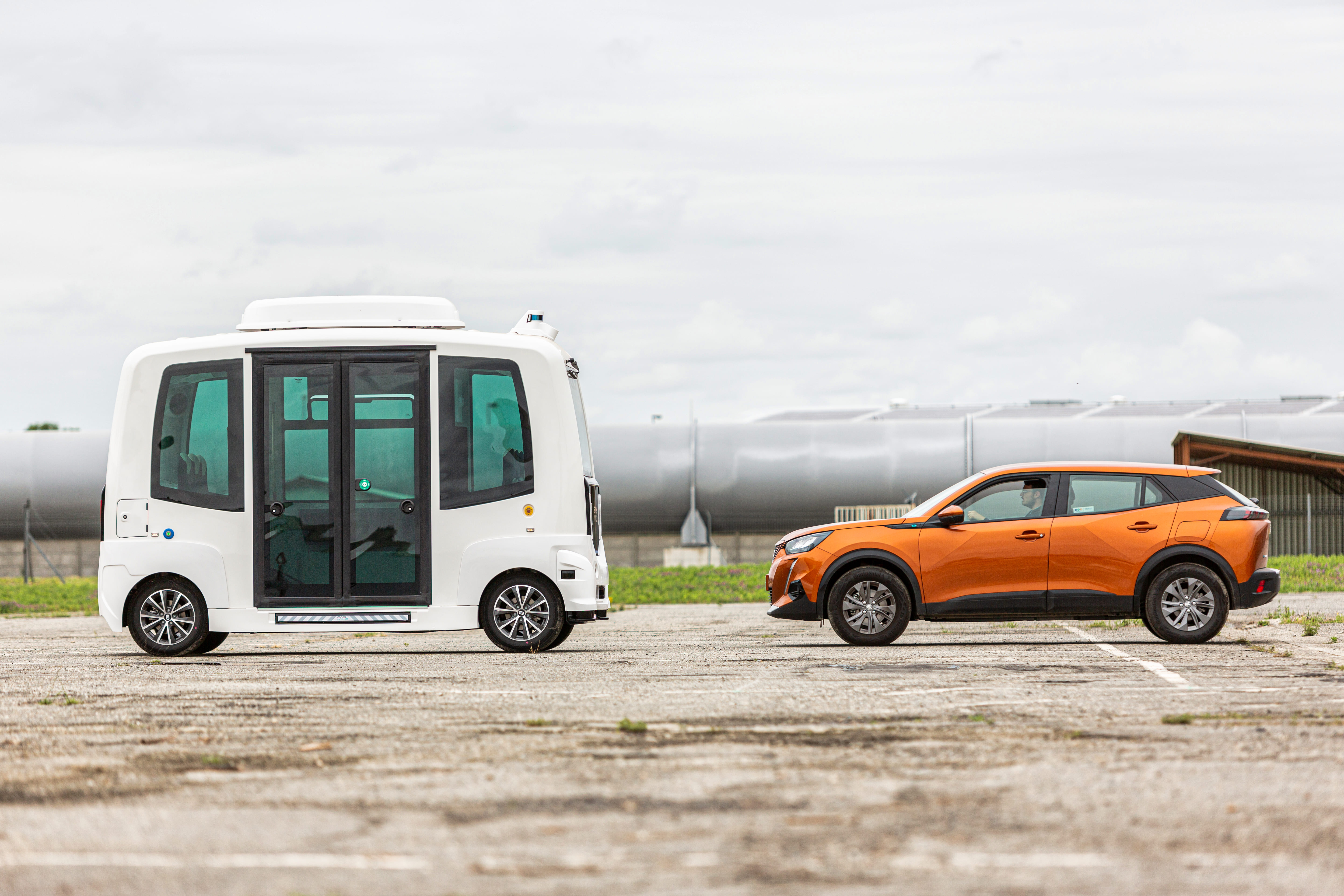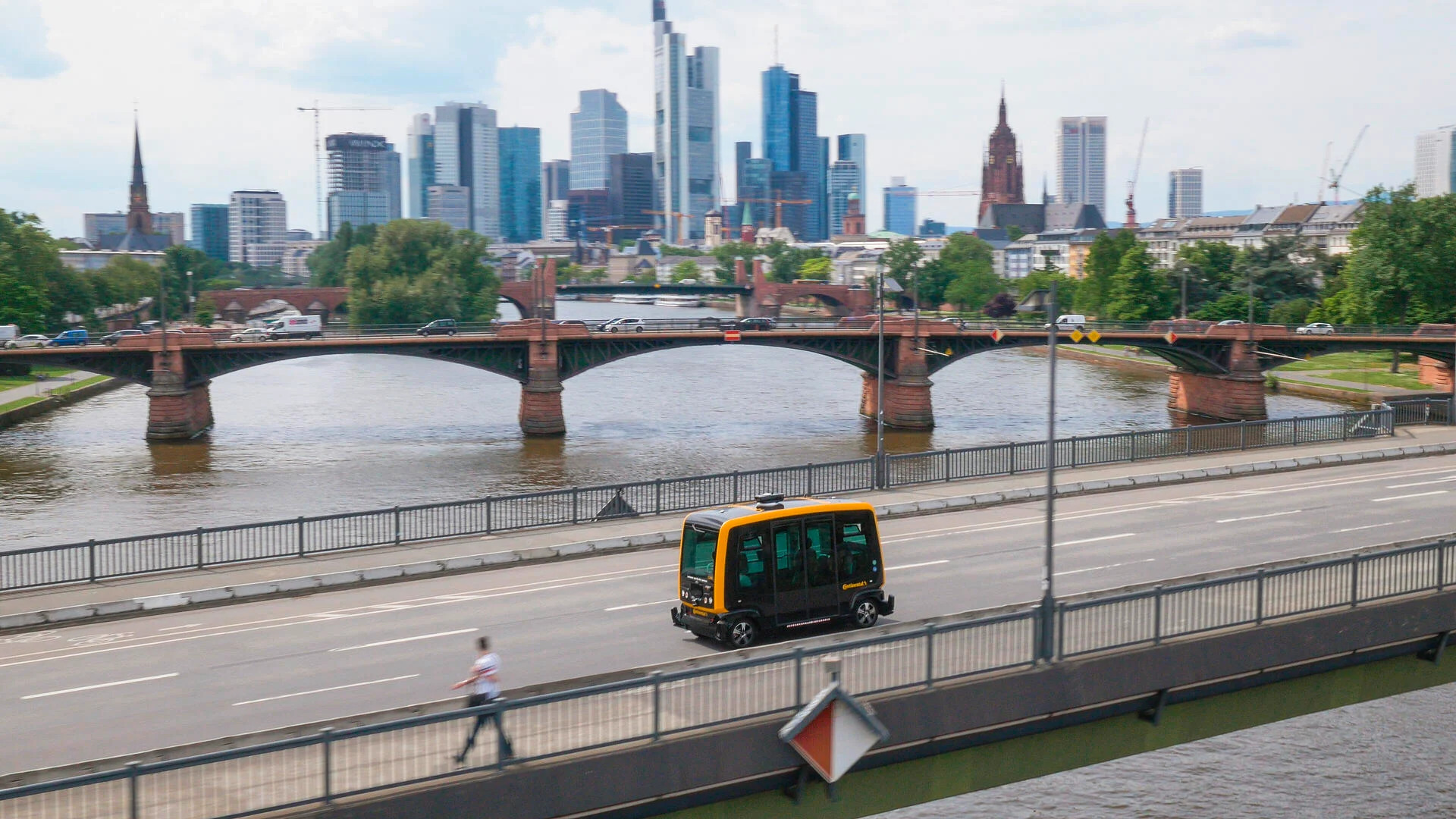Naturally, road accidents are often cited as the greatest problem driverless technology will solve, but safety itself should be a guarantee of a fully functioning and publicly released AV. How this technology will impact our experience of travel, therefore, may be a more interesting question. With two billion cars expected to share our roads across the globe by 2035 and congestion a near constant concern for drivers, could self-driving vehicles make our experience of travel one free of traffic, gridlock and delays?
According to a 2019 study from the University of Cambridge, driverless cars could improve overall traffic flow by up to 35%. Key to that improvement, though, is AVs’ ability to work together. As co-author Nicholas Hyldmar notes, “If different automotive manufacturers are all developing their own autonomous cars with their own software, those cars all need to communicate with each other effectively.” Not just that, they need to be able to platoon with ease.
We’ve spoken before about how platooning, where self-driving vehicles drive more closely to each other with safety ensured via constant communication, will free up space on our roads. In the pursuit of free-flowing traffic, this behaviour is a major plus, however it requires a significant number of AVs on the road to make real impact and we’re just not there yet.
Still, Alexandre Bayen, of University of California, believes even single vehicles can reduce congestion. His most recent studies show that just one autonomous vehicle can eliminate traffic by subtly moderating the speed of human-driven vehicles in a small area, while achieving a mix of 5-10% AVs results in better management of even complex environments. Unfortunately, though, this may not be a natural result of simply increasing volume of AVs on the road. To achieve these results, manufacturers will need to actively consider their driverless technology as a traffic management system, integrating the needed tools for effective V2V communication and algorithms designed to reduce congestion. Right now, it doesn’t look like the biggest priority.


